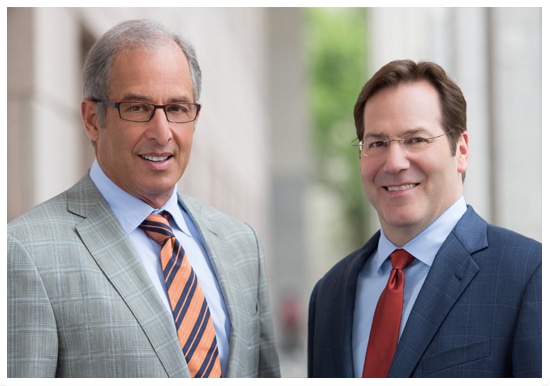North Carolina Police Involved in Hundreds of Accidents Annually
According to a recent report by a Raleigh-Durham area television station, North Carolina Highway Patrol (NCHP) vehicles averaged one accident per day in 2009. State records indicate that, when compared to the number of accidents reported in 2008, trooper-involved accidents increased 44 percent. This number may seem shockingly excessive, but when put into the context of the fact that NCHP officers spend around 12 hours in the car and cover about 120,000 miles per day, the rate of accidents is actually much lower than that of the general public. Nearly 6,000,000 car wrecks happen each year in the United States, over 200,000 of them in North Carolina alone.
Nearly One-Third of Officer-Involved Accidents Are Preventable
Like most other motor vehicle accidents, the majority of accidents involving NCHP troopers, Charlotte-Mecklenburg Police Department officers, Mecklenburg County Sheriff’s Department deputies and other law enforcement officials essentially could not have been prevented. Factors contributing to so-called “unpreventable” accidents include weather (such as heavy rains, high winds or snow), road conditions (like potholes, accumulated ice or construction zones) or roadway obstructions like stalled vehicles or debris.
An estimated 30 percent of crashes involving police officers (specifically the NCHP), however, were preventable, being caused by excessive speed, negligence or distracted driving. Troopers are surrounded by high-tech devices like radios to communicate with other officers, laptop computers to monitor traffic conditions, and switches to activate warning devices like lights and sirens, all of which are necessary but nonetheless distracting. In addition, they are often tasked with transporting unruly suspects who shout, spit, kick, scream and other disruptive behaviors.
For these reasons, it is somewhat understandable that troopers are involved in hundreds of accidents a year, but that is no consolation for those injured in collisions with NCHP vehicles or the families of those who were killed in one.
Do High-Speed Chases Play a Large Role?
Surprisingly, no. Only 31 of the roughly 365 trooper-involved accidents in 2009 happened during high-speed pursuits. Unfortunately, chase-related accidents can be much more harmful, since they often involve speeds well in excess of posted limits and more often than not involve innocent bystanders. As an example, former Charlotte-Mecklenburg police officer Martray Proctor was going approximately 85 mph when he collided with a car driven by 20-year old Shantona Robinson, killing her upon impact. Prior to the collision, though, he had hit a top speed of 111 mph. If you or a loved one has been involved in a car wreck caused by a NCHP trooper or other law enforcement officer, seeking the advice of an experienced personal injury attorney in your area can be an invaluable step toward protecting your rights.

At Warren & Kallianos, we believe in the importance of working directly with our attorneys, Jeff Warren and Chris Kallianos. When you work with our firm, Jeff and Chris are always accessible to you throughout the progress of your case.
Read more about Warren & Kallianos, PLLC
